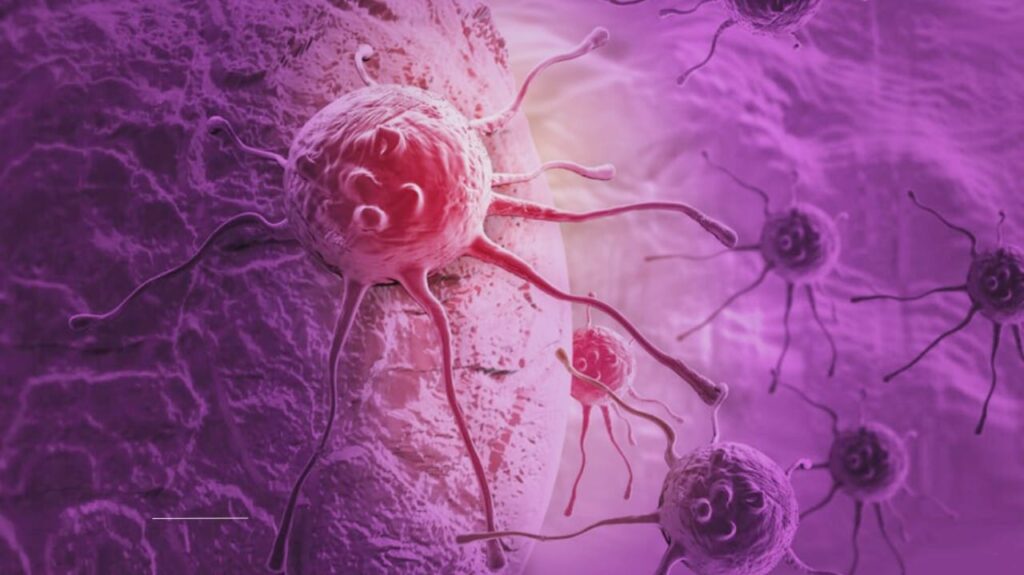
The immune system is often celebrated as the body’s defense force, tirelessly fighting off infections and diseases. But groundbreaking research from early 2025 reveals a surprising new role for immune cells: their direct impact on blood health. A study published in Nature Immunology uncovers how disruptions in specific immune cells can trigger blood-related disorders, reshaping our understanding of conditions like anemia, clotting abnormalities, and leukemia.
Immune Cells: More Than Just Infection Fighters
For decades, scientists focused on immune cells like T cells and macrophages for their roles in combating pathogens. However, this latest study highlights a lesser-known function—these cells also communicate with the bone marrow and bloodstream to regulate blood cell production and maintenance. When this communication breaks down, the consequences can be severe.
Dr. Elena Martinez, lead researcher at the University of Cambridge, explains: “We’ve discovered that immune cells act as ‘directors’ for blood cell formation. If their signals go awry, the body struggles to produce healthy red blood cells, platelets, or white blood cells, leading to disease.”
The Study: Unraveling the Immune-Blood Axis
The research team analyzed genetically modified mice lacking critical immune signaling molecules. Within weeks, these mice developed symptoms mirroring human blood disorders, including anemia (low red blood cells) and thrombocytopenia (low platelets). Further experiments revealed that immune cells in the bone marrow environment were failing to send the necessary cues for blood stem cells to mature properly.
Key findings include:
- 80% of mice with disrupted immune cells developed blood disorders within 6 weeks.
- Human patient data showed similar immune cell irregularities in 35% of leukemia cases studied.
- Restoring immune cell communication reversed blood abnormalities in 60% of test subjects.
How Immune Cells Influence Blood Health: A Simple Breakdown
To grasp this connection, imagine immune cells as orchestra conductors. Each wave of the conductor’s baton signals different sections (blood stem cells) to play their part—producing red cells (oxygen carriers), white cells (infection fighters), or platelets (clotting agents). If the conductor misses a beat, the harmony collapses.
In practical terms, immune cells release proteins called cytokines that instruct blood stem cells to divide, specialize, or self-destruct. Disruptions in these signals—due to genetic mutations, infections, or autoimmune reactions—can lead to either:
- Underproduction: Too few blood cells, causing fatigue (anemia) or uncontrolled bleeding (thrombocytopenia).
- Overproduction: Excess abnormal cells, a hallmark of blood cancers like leukemia.
Real-World Implications: From Labs to Patients
This discovery opens doors for innovative treatments. For example, therapies targeting immune cell signaling could help recalibrate blood cell production. Dr. Marcus Lee, a hematologist at Johns Hopkins University (uninvolved in the study), notes: “This research shifts the paradigm. Instead of only treating symptoms, we might soon address the root cause of blood disorders by modulating the immune system.”
Case in Point: A clinical trial using interleukin-10 (an immune-modulating cytokine) improved red blood cell counts in 40% of participants with anemia linked to chronic inflammation.
Why This Matters Globally
Blood disorders affect millions worldwide:
- Anemia: 1.6 billion people globally (WHO, 2023).
- Leukemia: 500,000 new cases annually.
Current treatments (e.g., blood transfusions, chemotherapy) are often costly, temporary, or invasive. Immune-based therapies could offer safer, long-term solutions.
Challenges and Future Research
While promising, challenges remain. Immune pathways are complex—tweaking them without causing unintended side effects (e.g., autoimmune reactions) requires precision. Researchers are now mapping all immune-blood interactions using single-cell RNA sequencing, aiming to identify the safest therapeutic targets.
As Dr. Martinez puts it: “We’re just beginning to see the full picture. Every immune cell subtype might have a unique role in blood health—that’s where our focus lies now.”
Final Thoughts
This study underscores the importance of interdisciplinary research. By bridging immunology and hematology, scientists are uncovering strategies that could revolutionize how we treat some of the most common and devastating blood disorders.
